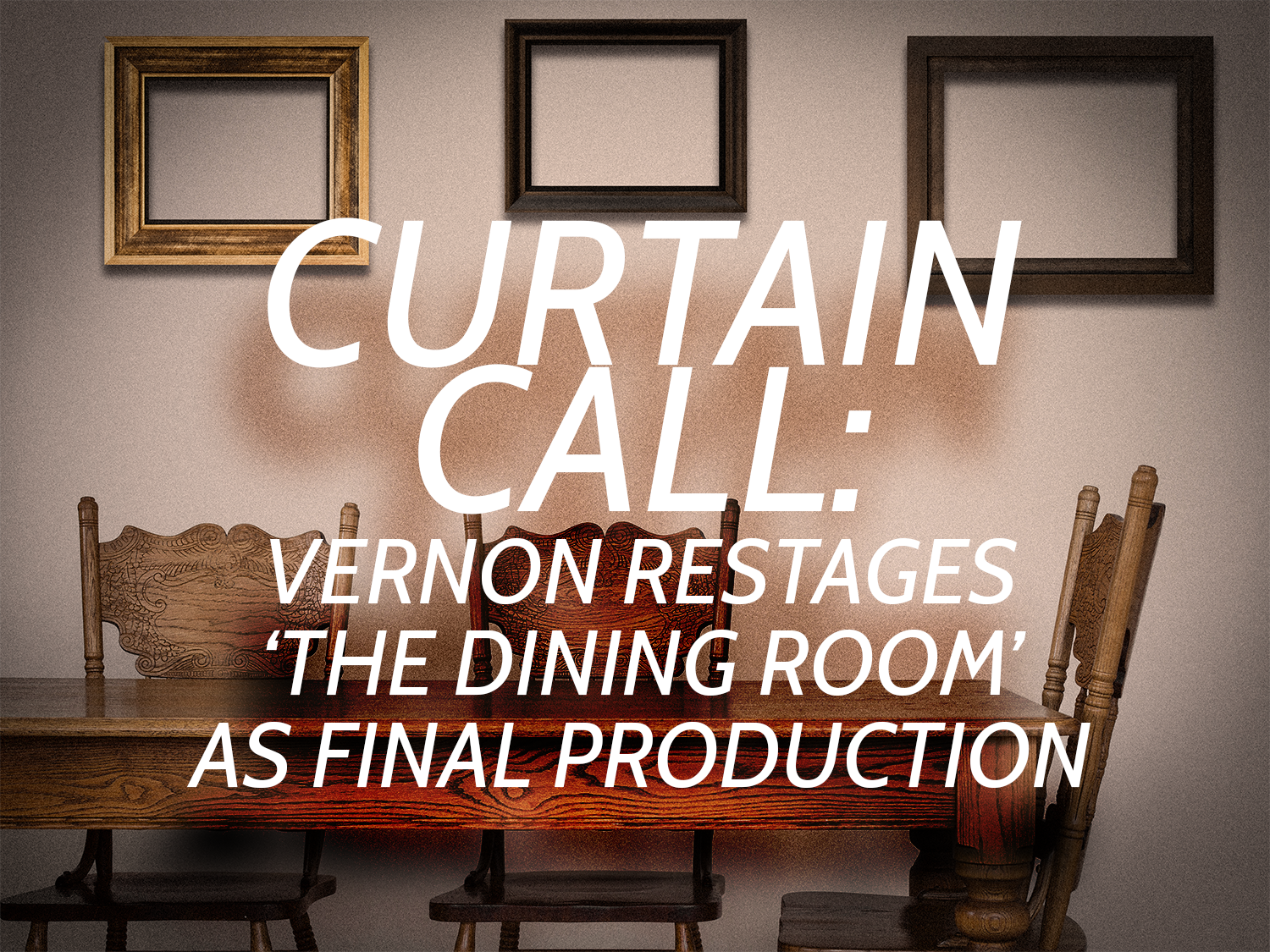February’s production of “The Dining Room” marks the final show of theater director Mrs. Kevin Yale Vernon’s two-decade career.
Vernon’s final show caps a career that spans almost 21 years and brought over 75 productions to the stage.
Revisiting a play from earlier in her career, Vernon said, is a choice driven by the director’s desire for a grand finale.
This year, the director said, is her “victory lap,” as Vernon returns to two shows she “really, really liked” from earlier in her career, “big faves”–the fall’s “The Diviners” and the winter’s show.
“The Dining Room,” a humorous exploration of the evolving American family and its values, is told through a series of vignettes, each depicting a different family and period.
The show, set in a dining room, showcases the demise of white upper-class protestant beliefs over several decades, showcasing the changing dynamics of family relationships, social norms, and cultural shifts.
Vernon’s decision to stage the show, she said, was a selfish one.
“I liked the script a lot [and the] last play was a pretty small cast,” Vernon said. “I wanted to be able to involve more people in my last [show] … It’s a good writing with lots of roles.”
A cast of 19 brings the play’s over 50 characters to life.
And while the show traditionally centers on a white family starring white actors, Vernon’s cast is diverse.
“I wanted to try to put as much diversity as possible,” Vernon said. “We may even have slipped a few gender changes.”
“We cast everybody and anybody,” the director said. “We didn’t just cast white people because it’s about white people.”
Since the show’s actors are high schoolers, convincing the audience they are “70 years old,” the director felt free to play with other aspects of casting.
“I get the luxury,” Vernon said, to “do whatever I want with gender or race or ethnicity. I can do all kinds of things, and no one will think twice about it.”
That isn’t just a freedom, Vernon said, but “part of [her] responsibility.”
The diversity adds an extra element to the show if audiences choose to think twice about it.
The casting choices add an extra layer to the show’s commentary on race, class and power.
The show, Vernon said, “about the people who used to control the country. It’s about the New England rich people who control the politics and control the culture and really ran things.”
The people behind presidential campaigns, people like Roosevelt, Vernon said, people who don’t “really understand” who don’t really “grasp the fact they are no longer Masters of the Universe, and how the world is leaving them behind.”
That is where the show’s humor comes in.
While some scenes are “a little heart-tugging,” the director said, it is “predominantly a comedy.”
While the show lacks the “big belly laughs” of past productions like “Rumors”, Vernon said, “in some points, it’s really funny.”
“Humor,” Vernon said, “is always an exaggeration. It’s always the unexpected. That is really what we laugh at…. It’s only funny if the characters really believe it.”
This year, Vernon will rely on a predominantly underclassmen cast to make the jokes land, a shift from when “The Dining Room” initially hit the Normal Community stage in 2009.
“I had a lot of juniors and seniors,” Vernon said. “I had a big group … a lot of experienced actors, and I needed something that would use as many people as possible. And [that] was it.”
That year, a predominantly upperclassman cast and crew, were invited to showcase the play at the Illinois State Theater Festival.
“That’s really quite an honor,” Vernon said.
Despite the cast’s youth this year, Vernon holds the actors to “very high standards.”
The result, she hopes, will leave audiences “with a high expectation of what high school theater should look like.”
The curtain closes on Vernon’s career after the four-night run of “The Dining Room” the first two weekends in February.


![Community honors longtime coach Mr. Bryan Thomas before Oct. 3 game [photo gallery]](https://nchsinkspot.com/wp-content/uploads/2025/10/Thomas-6-1200x1200.jpg)

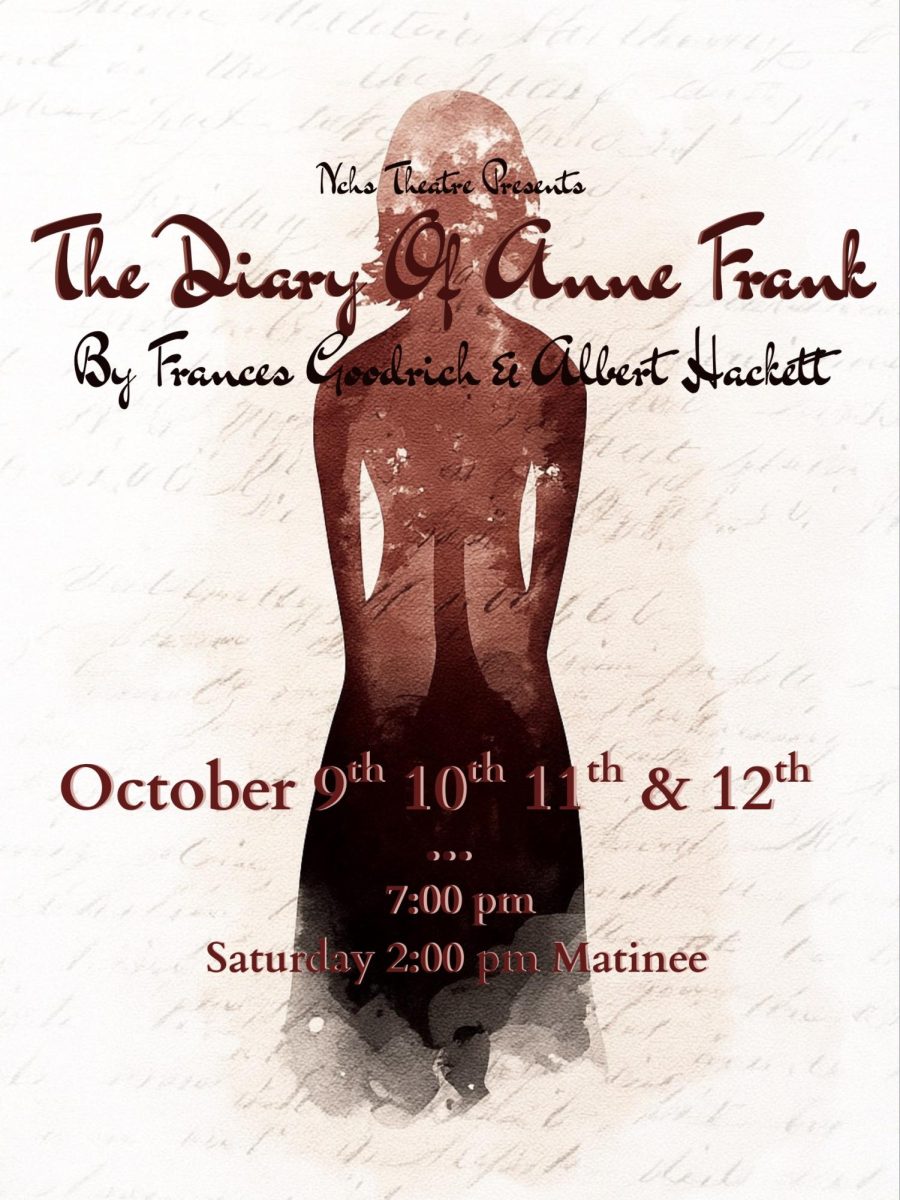

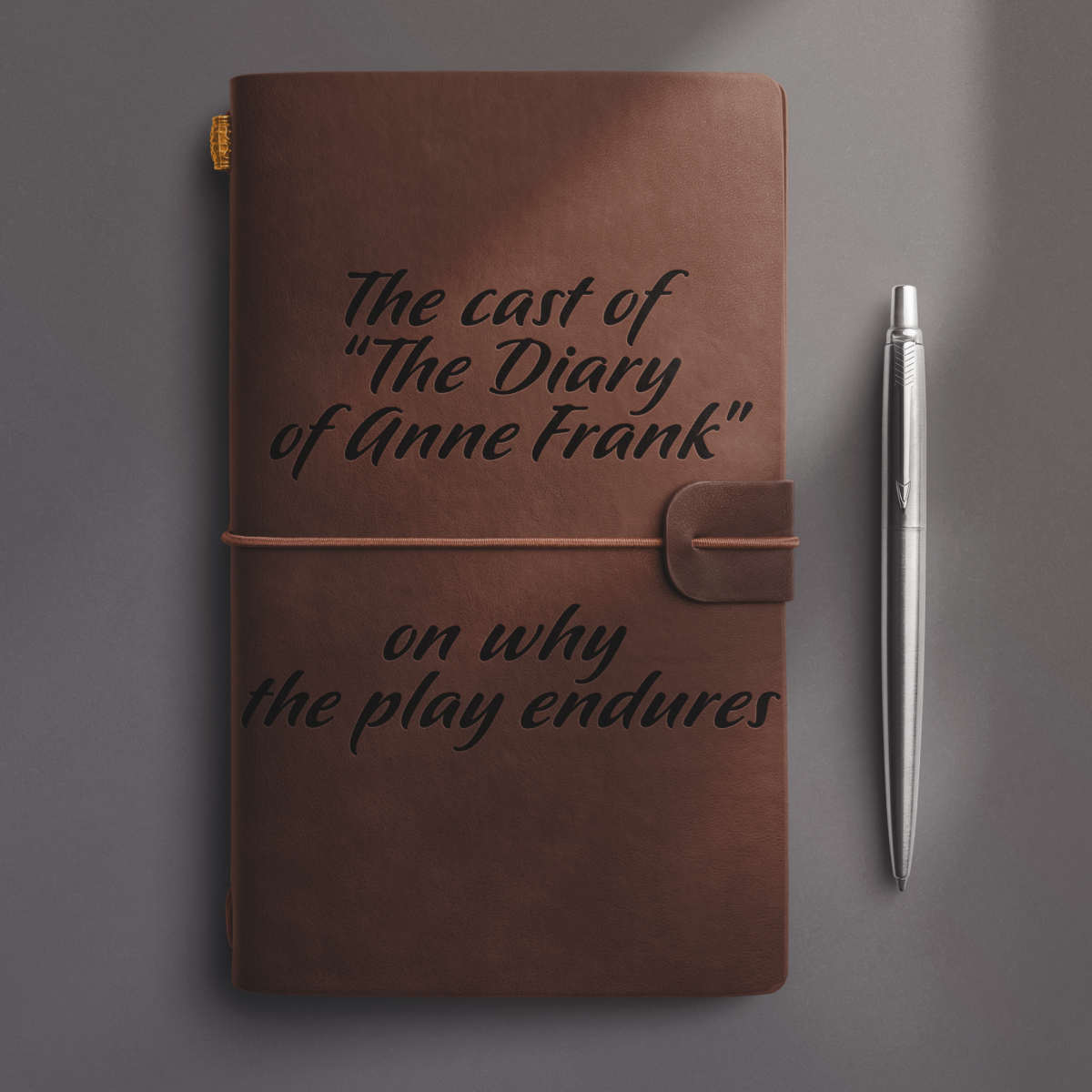



















![Week 9: Coach Drengwitz on Week 8’s win, previewing Peoria High [video]](https://nchsinkspot.com/wp-content/uploads/2025/10/W9_PeoriaThumb.png)
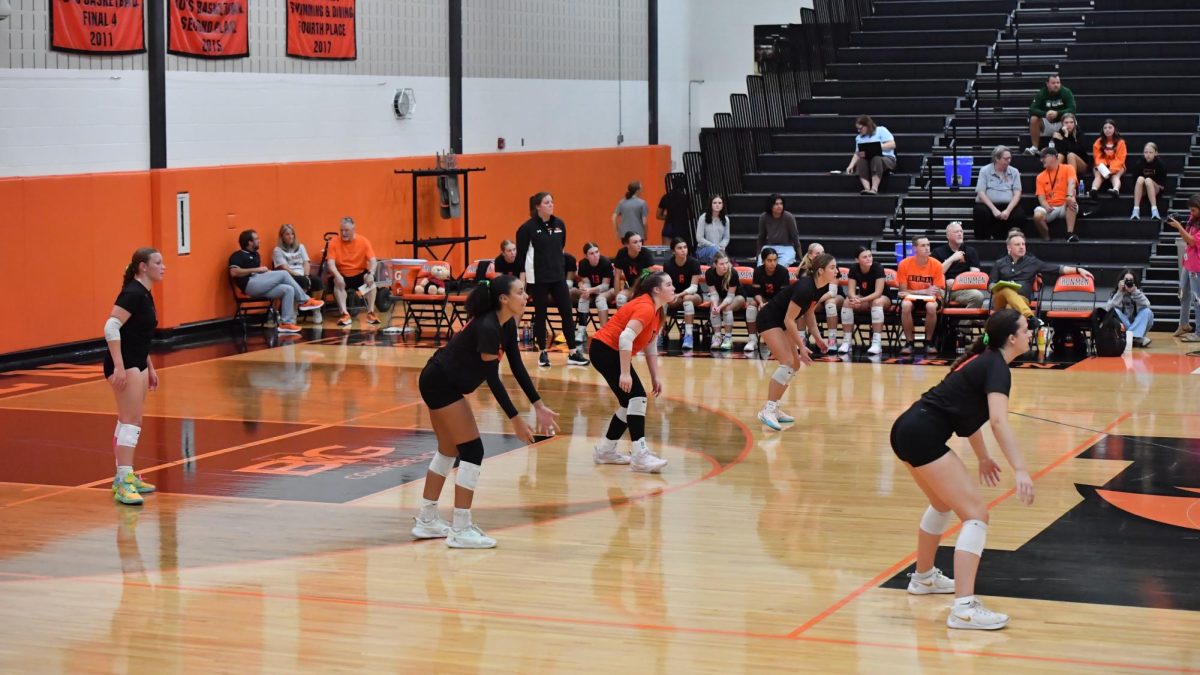
![Postgame: Drengwitz on Community’s 56-6 win over Champaign Centennial; staying unbeaten in Big 12 [video]](https://nchsinkspot.com/wp-content/uploads/2025/10/10.17_FBwChampCent56-6_POST_thumb.png)
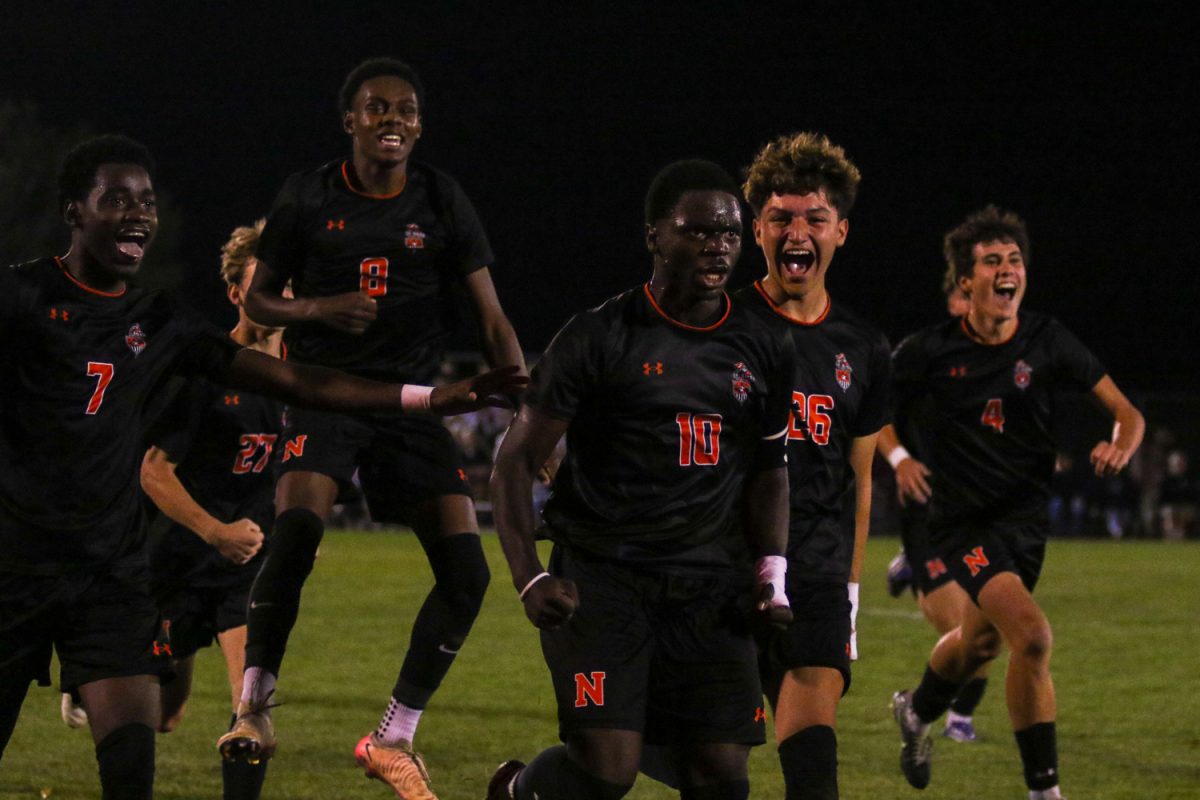








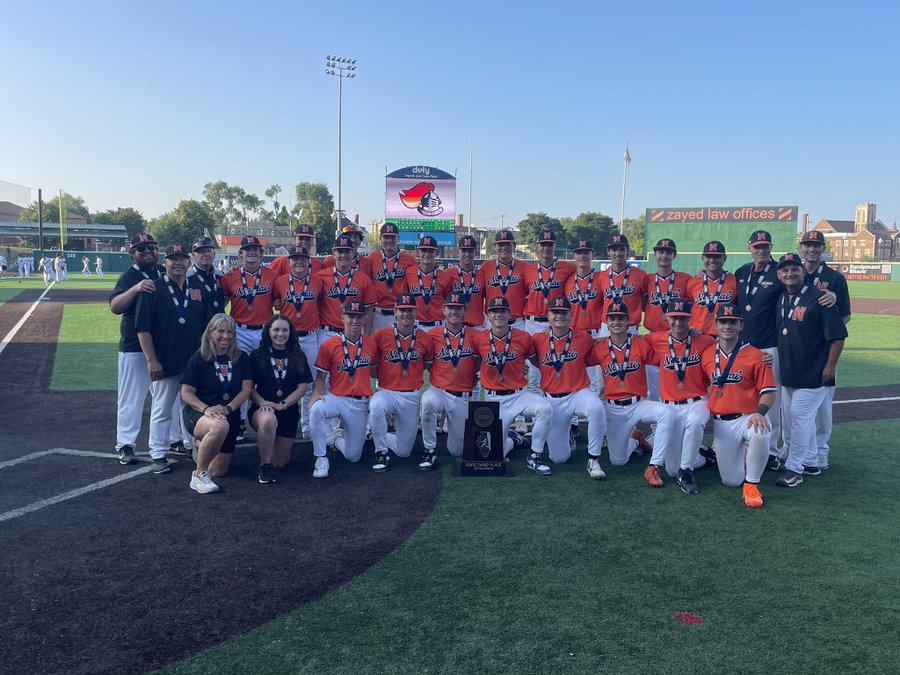








![Halloween candy cross section quiz [quiz]](https://nchsinkspot.com/wp-content/uploads/2022/10/Candy-cover-big-900x675.png)
![Average Jonah? [quiz]](https://nchsinkspot.com/wp-content/uploads/2022/05/average-jonah-900x600.png)







![[Photo Illustration]](https://nchsinkspot.com/wp-content/uploads/2025/09/trigger-words-1.png)















![Week 7: Coach Drengwitz recaps the Ironmen’s win over Bloomington, talks Danville [video]](https://nchsinkspot.com/wp-content/uploads/2025/10/Vikings-feature-Image-1200x675.png)
![Week 5: Coach Drengwitz previews the Ironmen’s matchup vs. Peoria Manual, recaps Week 4 [video]](https://nchsinkspot.com/wp-content/uploads/2025/09/Week-5-v-Rams-1200x675.png)
![On the Spot: This or That – Halloween [video]](https://nchsinkspot.com/wp-content/uploads/2024/10/tot-Halloween-YT-1200x675.png)
![On the Spot: This or That – Fall favorites [video]](https://nchsinkspot.com/wp-content/uploads/2024/10/ots-fall-web-1200x800.png)
![On the Spot – Teachers tested on 2023’s hottest words [video]](https://nchsinkspot.com/wp-content/uploads/2024/01/On-the-Spot-Teachers-tested-1200x675.png)









